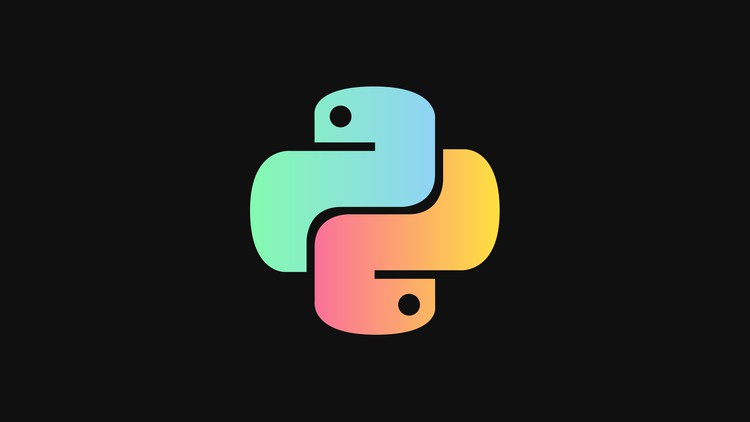
Certified Entry-Level Python Programmer (PCEP) Introductory Course with Python Data analytics and Python Algorithms.
What you will learn
Introduction to Python
Certified Entry-Level Python Programmer (PCEP) Topics Overview
Data Analytics tool for Python
Algorithms
Why take this course?
🎉 Welcome to the Certified Entry-Level Python Programmer (PCEP) Course! 🐍
Are you ready to dive into the world of Python and unlock the secrets of data analytics and algorithms? If so, you’ve come to the right place! Python is a versatile and powerful tool in the tech industry, and with our Certified Entry-Level Python Programmer (PCEP) Introductory Course, you’ll be coding like a pro in no time!
Course Overview:
Python is a language that allows you to work quickly and efficiently across a range of domains, from web development to scientific computing. It’s known for its simplicity, readability, and versatility, making it an excellent choice for both beginners and seasoned developers.
What You’ll Learn:
🚀 Basic Concepts (17%)
Understand the fundamental principles of Python, including syntax, keywords, data types, and operations. You’ll learn how to use comments and the print() and input() functions, as well as numeric and string operators.
📊 Data Types, Evaluations, and Basic I/O Operations (20%)
Get comfortable with operators, Boolean expressions, floating-point numbers, input/output operations, and type casting. You’ll also learn about formatting output and how to perform basic calculations.
🔄 Control Flow – loops and conditional blocks (20%)
Master the use of conditionals like if, if-elif, and if-elif-else statements, as well as various types of loops, including while and for loops. You’ll also learn how to control loop execution using break and continue.
📋 Data Collections – Lists, Tuples, and Dictionaries (23%)
Discover the power of data collections in Python. Learn how to create, modify, and use lists, tuples, and dictionaries effectively, including list comprehension and handling different data types.
📈 Functions (20%)
Learn to define, invoke, and understand the nuances of functions in Python, including parameter passing, default values, recursion, and generator functions. You’ll also explore scope management with global and avoid name hiding (shadowing).
Course Structure:
Our course is structured into 5 key modules, each covering different aspects of Python programming:
- Introduction to Python – Learn the basics and set up your development environment.
- Data Manipulation and Algorithms – Dive deep into data handling with lists, tuples, and dictionaries, and understand how to implement algorithms.
- Functions and Modules – Write and use functions effectively, and learn how Python modules can help you organize your code.
- Error Handling and Testing – Learn how to handle errors gracefully and write tests to ensure your code is robust.
- Data Visualization and Analysis – Use Python to analyze data and visualize it in meaningful ways.
Who Should Enroll?
This course is perfect for:
- Beginners looking to start a career in programming with Python.
- Developers who want to enhance their skill set with Python.
- Data analysts and scientists seeking to use Python for data processing and analysis.
- Anyone interested in learning Python for its powerful applications in web development, artificial intelligence, machine learning, and more!
Why Choose This Course?
Our course is designed by industry experts and tailored to provide you with hands-on experience through practical examples and real-world scenarios. You’ll have access to comprehensive resources, including video tutorials, code samples, and interactive quizzes to test your knowledge.
Get Started Today!
Embark on your Python programming journey with our PCEP course. Enroll now and join a community of aspiring programmers who are ready to unlock their potential and succeed in the tech world! 🚀
🎓 Sign up today and take the first step towards mastering Python and data analytics! 🎓